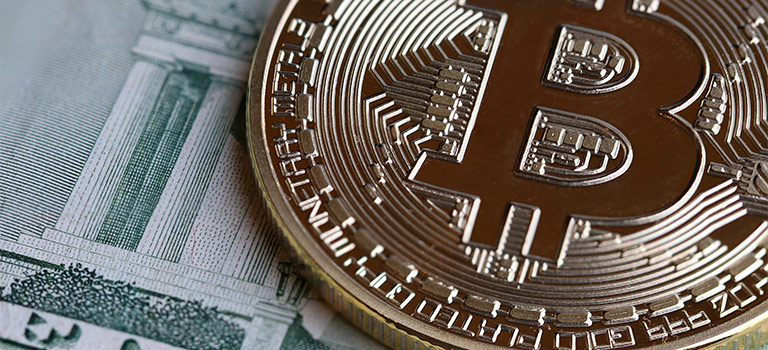PALO ALTO, Calif. (Reuters) - The Federal Reserve is looking at a broad series of problems around digital payments and currencies, how to buy fedcoin consisting of policy, style and legal considerations around possibly providing its own digital currency, Governor Lael Brainard said on Wednesday. Brainard's remarks recommend more openness to the possibility of a Fed-issued digital coin than in the past." By transforming payments, digitalization has the possible to provide higher worth and benefit at lower expense," Brainard said at a conference on payments at the Stanford Graduate School of Business.
Main banks internationally are discussing how to handle digital financing technology and the dispersed journal systems used by bitcoin, which promises near-instantaneous payment at possibly low expense. The Fed is developing its own day-and-night real-time payments and settlement service and is presently reviewing 200 comment letters sent late last year about the proposed service's style and scope, Brainard said.

Less than two years ago Brainard informed a conference in San Francisco that there is "no compelling demonstrated requirement" for such a coin. But that was prior to the scope of Facebook's digital currency aspirations were extensively understood. Fed officials, consisting of Brainard, have raised concerns about customer protections and data and personal privacy hazards that might be postured by a currency that might come into use by the 3rd of the world's population that have Facebook accounts.
" We are collaborating with other reserve banks as we advance our understanding of reserve bank digital currencies," she stated. With more countries checking out releasing their own digital currencies, Brainard said, that includes to "a set of reasons to also be ensuring that we are that frontier of both research study and policy advancement." In the United States, Brainard said, concerns that require study include whether a digital currency would make the payments system more secure or simpler, and whether it might posture financial stability risks, including the possibility of bank runs if cash can be turned "with a single swipe" into the reserve bank's digital currency.
To counter the financial damage from America's unmatched nationwide lockdown, the Federal Reserve has taken unprecedented actions, including flooding the economy with dollars what is fedcoin and investing straight in the economy. The majority of these relocations got grudging acceptance even from many Fed doubters, as they saw this stimulus as required and something only the Fed might do.
My new CEI report, "Government-Run Payment Systems Are Hazardous at Any Speed: The Case Against Fedcoin and FedNow," information the risks of the Fed's existing plans for its FedNow real-time payment system, and propositions for main bank-issued cryptocurrency that have actually been called Fedcoin or the "digital dollar." In my report, I talk about concerns about personal privacy, data security, currency manipulation, and crowding out private-sector competitors and development.
Proponents of FedNow and Fedcoin state the federal government must create a system for payments to deposit instantly, rather than encourage such systems in the economic sector by raising regulatory barriers. However as kept in mind in the paper, the personal sector is supplying a seemingly endless supply of payment technologies and fedcoin stock digital currencies to resolve the problemto the extent it is a problemof the time space between when a payment is sent and when it is gotten in a checking account.
And the examples of private-sector development in this location are numerous. The Clearing House, a bank-held cooperative that has actually been routing interbank payments in different forms for more than 150 years, has actually been clearing real-time payments because 2017. By the end of 2018 it was covering 50 percent of the deposit base in the U.S.